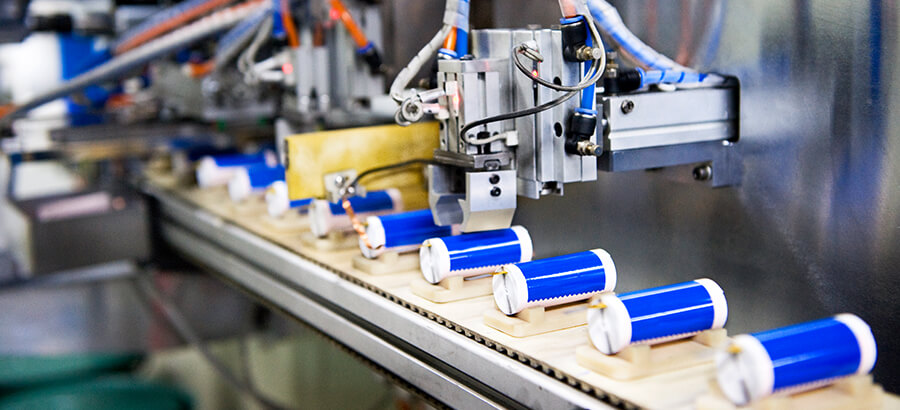Sometimes it takes an unfortunate occurrence, initiated by malicious actors, to drive home the realization that we operate our businesses under the predatory gaze of thieves. For me, despite years of experience in risk identification, mitigation, and transference, that defining event came several weeks ago, when I found an email in my in-box from one of our senior execs:
Month: March 2020
How Traceability can Improve Customer Satisfaction
Recalls are expensive and often extremely damaging to not only the brands involved but the producers and manufacturers.
Customer satisfaction is vital in all industries – from food production to electronics manufacturing. When customers purchase products, they expect not only quality, but reliability from the product that they have purchased.
How to Maintain the Supply Chain in the COVID-19 Crisis
The World Health Organization (WHO) declared COVID-19 a pandemic on March 11, 2020. While no one can accurately predict the long-term effects of COVID-19, many have already felt the effects of the disease, and have been left wondering about its impact on global manufacturing and distribution sectors.
As it stands, 75% of companies worldwide have reported supply chain disruptions as a result of COVID-19, according to a new survey released by the Institute for Supply Management (ISM). The study, which included more than half of the respondents representing U.S. manufacturing, states that manufacturers in China currently operate at about 50% capacity with only 56% staff attendance. Additionally, 6 in 10 (62%) respondents are experiencing delays in receiving orders from China. As a result of these disruptions, 1 in 6 firms are adjusting revenue targets.
At the same time, shelves in some retail stores remain empty. People have been panic-buying goods and now rely heavily on manufacturers to restock the shelves. However, global borders remain shut. Local manufacturing and distribution sectors have never played a more important role than the present.
Effective Traceability – An Insurance Policy for the Electronics Industry
Product recalls are one of the biggest risks that manufacturers have to face. According to the insurance industry, the average cost of product recall claims is over US $1 million. Product recalls in the electronics industry were 15% of all recalls in the EU in Q1 2019, and 29% in the US.
How to Digitally Transform Your Business with ERP
Digital transformation is a phrase that has been discussed, exchanged and debated for the last couple of years. In fact, Industry 4.0 — a subset of the Fourth Industrial Revolution — was publicly introduced in Germany, in 2011. It was a government-lead initiative to enhance German competitiveness in the manufacturing industry. Despite the digital call to action, many global manufacturers have been left with trepidation, wondering what it entails and how to go about the journey.
What Supply Chain Visibility Means for Your Business
In the past few years, supply chains have become increasingly more connected and complex. At the same time consumer demand for transparency, combined with rising expectations, is at an all-time high. Having visibility throughout your supply chain can be a game-changer – not only can it help you manage disruption but also reduce risk, gain control and improve your customers’ experience.
Building Digital Resilience for a New Business Decade
As we start to settle into 2020, it promises to be a momentous year for UK manufacturing. In a post-Brexit climate, there is an opportunity for our Movers and Makers to explore new avenues of growth, exploit new trading relationships and demonstrate their strengths on the global stage.
The True Story of Customer Satisfaction in Africa
After 4 days of meetings with customers in Kenya, I have realized that over-delivery is the way to go here for long long-lasting business relationships. We need to think ‘customer first’ where the goal for both is lifetime value. This market combines family heritage and entrepreneurial beginnings.
The Digital Transformation Journey: Part 3 – How to Avoid Implementation Failure
As your manufacturing firm seeks to diversify, improve operational efficiencies and increase market penetration (among other goals), embarking on an Industry 4.0 initiative is a likely first step. While adopting new technology that can help you compete globally and achieve sustainable growth can appear to be a daunting task given the time, resources and cost required, getting it right is imperative.









